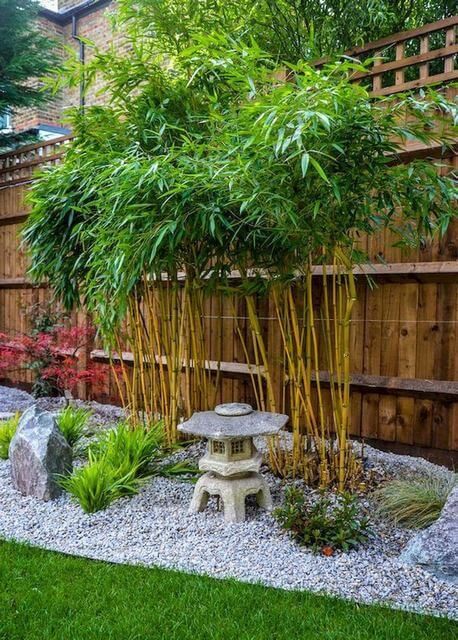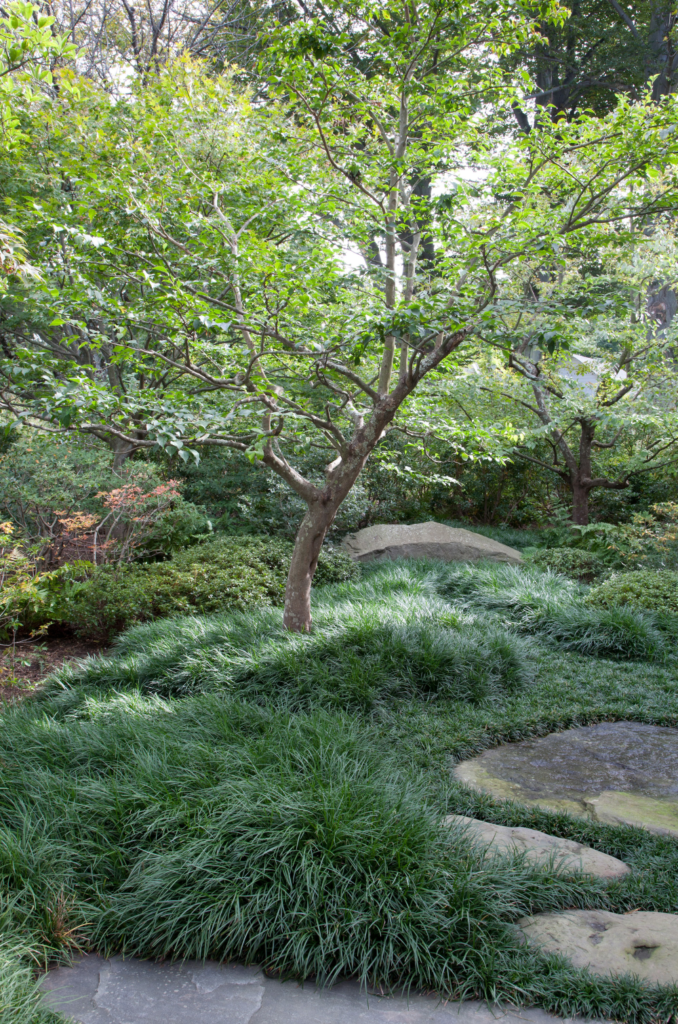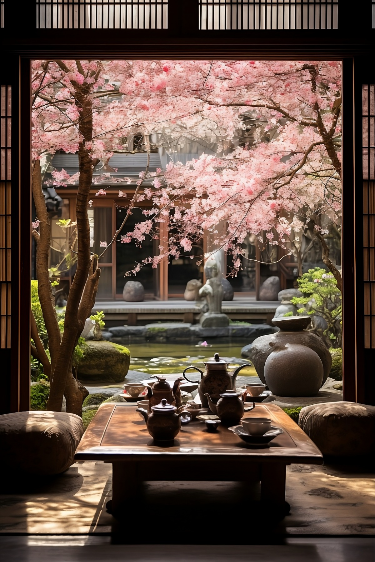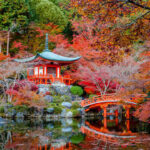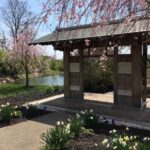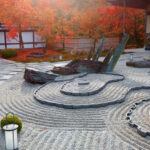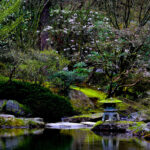Japanese gardens are renowned for their serene and contemplative atmospheres, blending elements of nature, architecture, and spirituality. These gardens have a rich history dating back hundreds of years and have become an integral part of Japanese culture. The design of a Japanese garden is carefully thought out, with each element chosen to evoke a sense of harmony and balance.
One of the key features of a Japanese garden is the use of water, which symbolizes purity and renewal. Many Japanese gardens include ponds, streams, or waterfalls, creating a sense of tranquility and movement. Water features also serve a practical purpose, as they help to cool the surrounding area during hot summer months.
Another important element of Japanese gardens is the use of stones and gravel, which represent islands, mountains, and rivers. These materials are carefully arranged in patterns that evoke natural landscapes, such as raked gravel to represent a flowing river or stepping stones to mimic a path through the mountains. Stones are also used to create focal points, such as lanterns or pagodas, which add depth and interest to the garden.
Plants are another essential component of Japanese gardens, with a focus on creating a lush, green environment that changes with the seasons. Trees, shrubs, and flowers are chosen for their foliage, color, and texture, with an emphasis on creating a sense of natural beauty. Moss, bamboo, and maple trees are common in Japanese gardens, adding a sense of serenity and tranquility to the space.
In addition to natural elements, Japanese gardens often include man-made structures such as bridges, gates, and teahouses. These structures are designed to blend seamlessly with the surrounding landscape, using traditional materials such as wood, stone, and thatch. Tea houses are a particularly important feature of Japanese gardens, as they provide a space for contemplation, meditation, and socializing.
Visiting a Japanese garden is an immersive experience that allows visitors to escape the hustle and bustle of everyday life and connect with nature on a deeper level. Whether walking along a winding path, admiring a carefully pruned bonsai tree, or listening to the gentle trickle of a waterfall, Japanese gardens offer a sense of peace and tranquility that is hard to find elsewhere. With their timeless beauty and harmonious design, Japanese gardens continue to inspire and captivate people around the world.
 yishifashion Where Outdoor Dreams Become Reality
yishifashion Where Outdoor Dreams Become Reality
